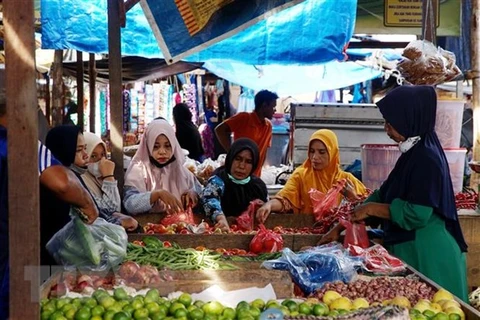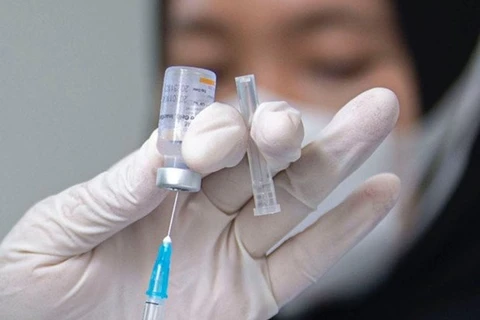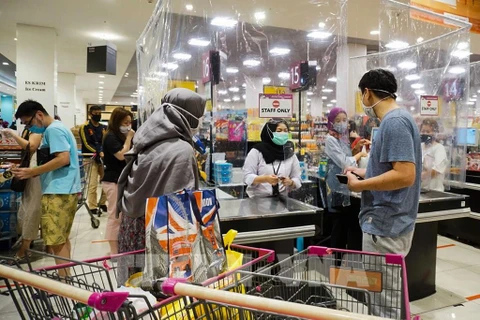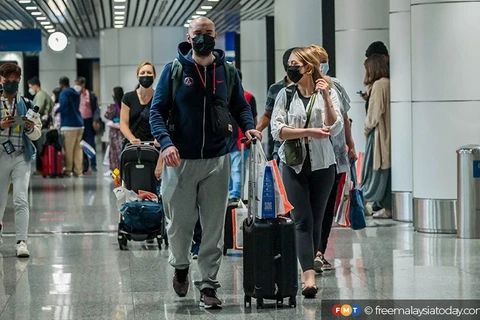 Customers refuel their motorcycles at a Pertamina gas station in Lebak, Banten on September 29, 2022. (Photo: https://en.antaranews.com/)
Customers refuel their motorcycles at a Pertamina gas station in Lebak, Banten on September 29, 2022. (Photo: https://en.antaranews.com/) According to Head of the Downstream Oil and Gas Regulatory Agency (BPH Migas) of Indonesia Erika Retnowati, the government agreed to expand the quota of subsidised Pertalite gasoline by 6.86 million kilolitres (KL) and the quota of subsidised Solar diesel by 2.73 million KL.
In the context that the fuel consumption spiked after the COVID-19 pandemic, if not increased, the quota will run out in mid-October.
Retnowati highlighted that subsidised fuel is only targeted to be bought by eligible consumers. Hence, those who can afford it are urged to buy non-subsidised fuel instead.
As of September 30, 2022, the realisation of subsidised diesel had reached 85.81% or 12.96 million kiloliters from a quota of 15.10 million kiloliters. Meanwhile, the realisation of Pertalite gasoline reached 95.31%./.
VNA
























